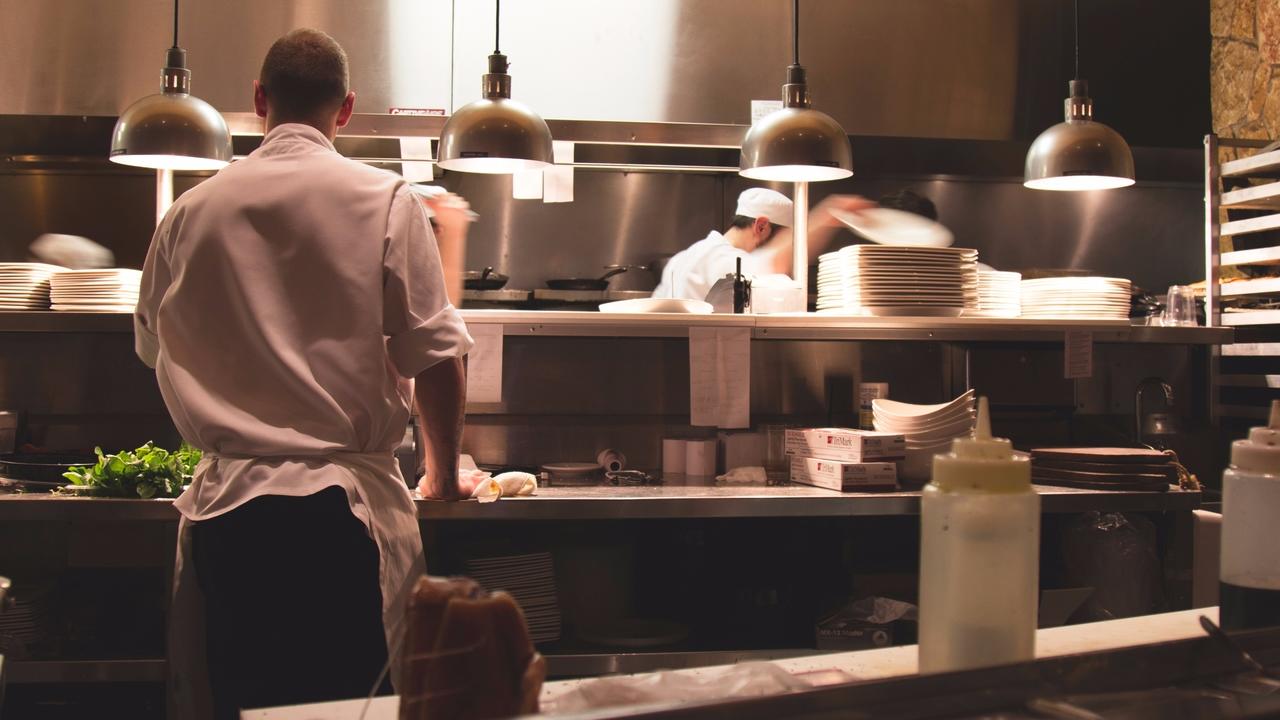Top Things to Consider When Starting a Food Business

Starting any business is hard, but a food business comes with some unique challenges. The type of business will determine which laws and regulations apply, but regardless you will be subject to several layers of bureaucracy and various laws and regulations.
It is important to understand that the food industry is exposed to potential liabilities that don’t affect other industries, so conducting an assessment is a crucial part of your planning process.
Here are the most important things you should consider when launching a food business.
1. Identify Licensing and Permitting Needs
Not all businesses will need a license or permit to operate legally, but this will depend on the type of business you’re operating. Operating without a license or permit required by law can result in fines, penalties or even prosecution. Some businesses will require federal, state and local licenses to operate legally, while others may only need a state or local license. Identifying your licensing and permitting needs before you begin operations will save you a headache later on down the road.
2. Assessing Risks
The food industry is held to a strict liability standard, meaning that even if you do everything possible to make your products as safe as possible, but you still get someone sick or injured, you are liable regardless. Because every food business is different it is important to conduct a risk assessment.
Once you identify potential risks, you should discuss these with your insurance broker and determine which risks can be insured against. You may be required to maintain certain insurance policies depending on what state you operate in and where you physically make your product. A good insurance broker should be able to walk you through what coverage you need and point out other potential risks you may not have thought of.
3. Selecting the Right Location
Location can be a key factor in the success of your food business. However, each type of food business has different needs. For example, a retail food business will want a location with exposure to potential customers, but this is probable less important for a food manufacturer.
The most important thing is to determine your business’s needs, not only now, but your anticipated needs in the future. It would be a mistake to find that perfect location to manufacture at current production levels, only to get a big contract with a national retailer next year and not have enough room for expansion. This could lead to lost opportunities that can be avoided with proper planning.
4. Protecting Your Brand
Brand recognition is something you’ll work hard to achieve because your brand is what customers associate with your product. But once you’ve established this goal, you need to take the proper steps to protect your brand. If you don’t protect it competitors could use your ideas for their personal benefit.
Your business name, logo and even slogan should all be protected. Even your packaging can potentially be protected. It is a common misconception among food entrepreneurs that your recipes can patented or trademarked. While your recipe can be protected, there are other methods you will need to take in order to keep them safe.
Starting a food business can be an exciting and rewarding opportunity, and with proper planning you can make sure you are in a good position to succeed.
If you want to learn more about starting a food or beverage business, please view our course How to Start a Food Business.
The course is available only at StartupFoodBiz.com.
Stay connected with news and updates!
Join our mailing list to receive the latest news and updates from our team.
Don't worry, your information will not be shared.

